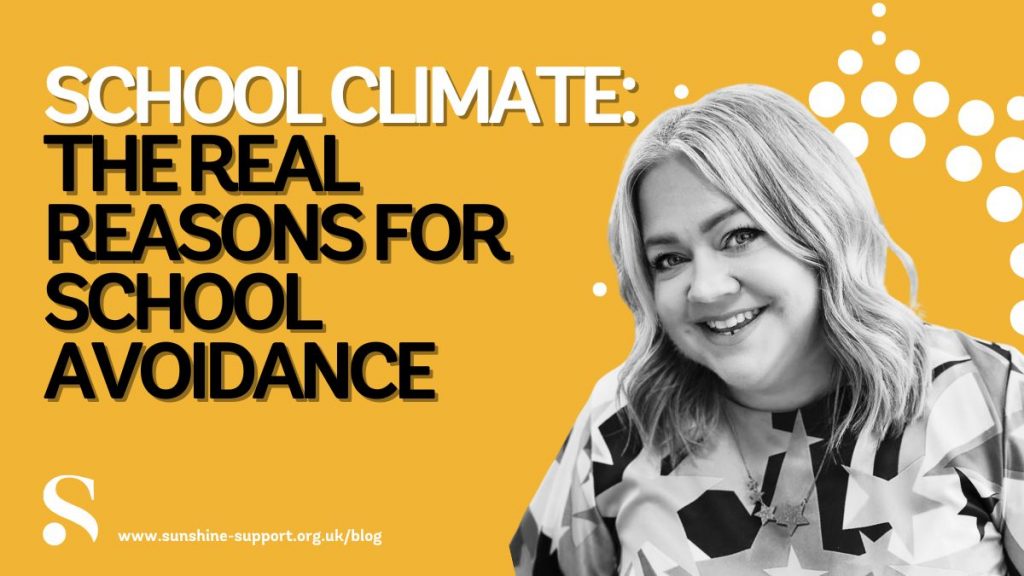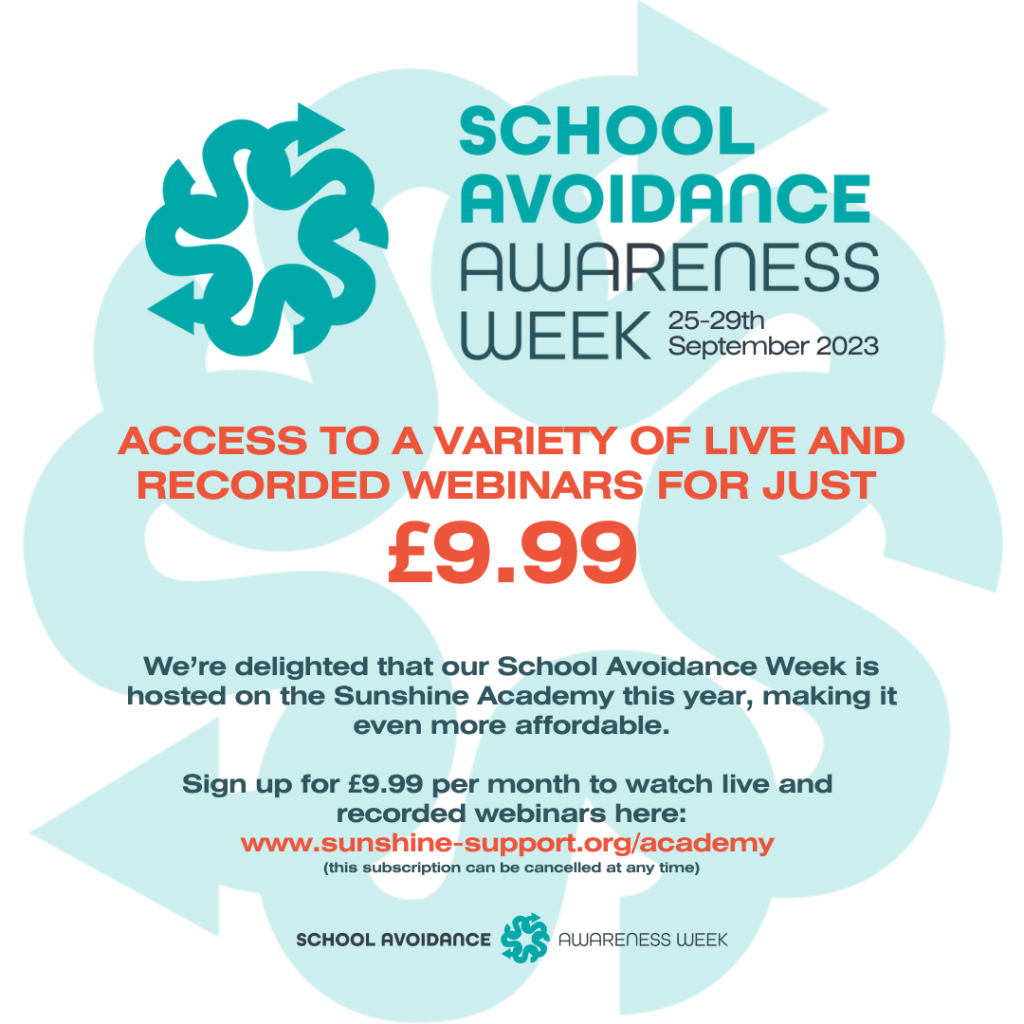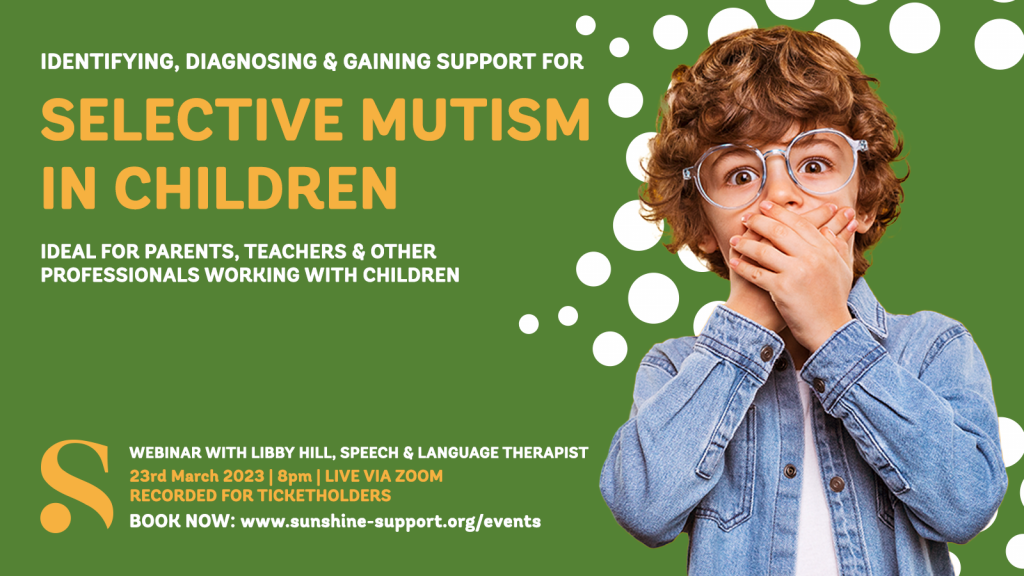Managing Different Needs Within the Family

The task of meeting the needs of your entire family is demanding enough without mixed needs to consider; how do we manage different needs within a family effectively? In this […]
School Climate: The REAL Reasons For School Avoidance

If you don’t yet follow our founder Chrissa Wadlow on Instagram under her new channel ‘SunshineChrissa‘, you’re missing out. Her latest 5-part series on the REAL reasons for school avoidance […]
What is Pathological Demand Avoidance (PDA)?

If you’re a parent or professional in the world of SEND (Special Educational Needs & Disabilities), you may have come across the term ‘Pathological Demand Avoidance’, often abbreviated as ‘PDA’. […]
Self-Care For SEND Parents

‘Self-care’: Two words that as SEND parents, we often hear as part of well-meaning but ultimately hollow snippets of advice. “Oh, you NEED to practice self-care, you need to make […]
What is Makaton and How do Children Benefit from Using it to Communicate?

Communication is the cornerstone of human interaction. It’s how we express our needs, thoughts, and feelings, fostering connections and understanding. But what if your child struggles to communicate verbally? How can you bridge that gap and ensure they feel heard and understood?
What is Rejection Sensitive Dysphoria?

Rejection Sensitive Dysphoria is a symptom of ADHD not listed in the DSM-5 and is considered as a form of emotional dysregulation. It is extremely common (around 95% of ADHDers experience it) in both children and adults with ADHD, but as there is still very little research it is unclear whether it is a trait exclusive to people with ADHD.
What is Gestalt Language Processing?

What is meant by Gestalt Language Processing? And how can we support this style of language development?







